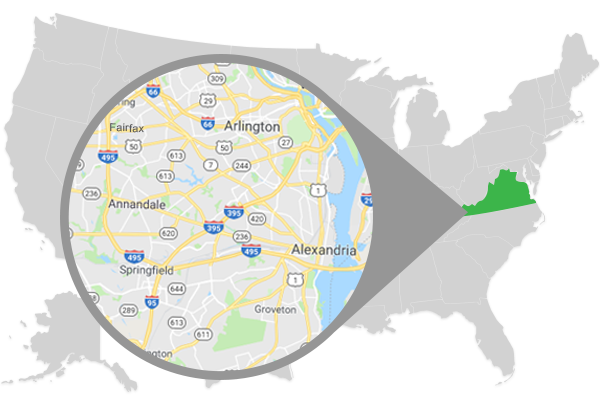What to know about rabid raccoons

The real risks of a rabid raccoon
As adorable as raccoons can be, it’s no secret that they can carry the deadly disease. There are a number of health hazards that come with wild raccoons including, but not limited to, rabies. The easiest way to lessen your chance at getting rabies, especially if you regularly interact with raccoons, is to first learn the signs and symptoms that a rabid raccoon may display.
Signs of a rabid raccoon
A normally nocturnal critter seen during the day is not so unusual and not a cause for alarm like many would believe. Instead, whether it’s day or night, a raccoon that’s rabid will give off behaviors you can key in on, like a staggering gait or erratic wandering. Other symptoms might include signs of self-mutilation, discharge from the mouth or eyes, matted or wet hair on the face, repeated high-pitch vocalizations, or if the raccoon is seemingly oblivious to all nearby sound or movement. Click here to se what the CDC says about rabies.
If a raccoon attacks
If a raccoon is showing one or more of these symptoms, you should call your local animal control immediately. While the risks of a raccoon attack are not common, raccoons are still wild animals and can show aggression to humans. After becoming infected, a raccoon usually dies within 1 to 3 days. If you are the victim of a raccoon attack, the first step is to wash the wound thoroughly with soap and water, then seek medical attention immediately. There is a post-exposure treatment available, which is why the CDC has reported only one human death from a raccoon attack. If your pet is bitten by a rabid raccoon and has not received the rabies vaccine, it can transfer rabies should it bite you. It is very rare but rabies can be transmitted to humans through contact with an animal’s saliva.
Help with raccoon removal
You can take preventative measures to eliminate raccoon entry onto your property. Ensuring your garbage cans stay sealed, don’t actively feed the wildlife around your home, and getting your home inspected by a wildlife control specialist are excellent precautions to take to ensure you never have to worry about raccoon removal in the first place. While raccoons are considered one of the primary carriers of rabies, it’s important to note that the raccoon may have feline parvovirus or canine distemper instead. Minimize your risk of coming into contact with a raccoon that has any diseases by knowing the signs to look for first and how to act if you ever do come into contact with one. Raccoons are unpredictable and can be extremely dangerous in a bad situation. If you do come into contact with a raccoon, we recommend you acquire removal assistance with your local animal control agency, as well as the health department in your local area. Whether the raccoon is rabid or not, it’s highly recommended that a qualified professional or wildlife control specialist handle the raccoon removal. We are happy to provide you with a free no-obligation quote.




